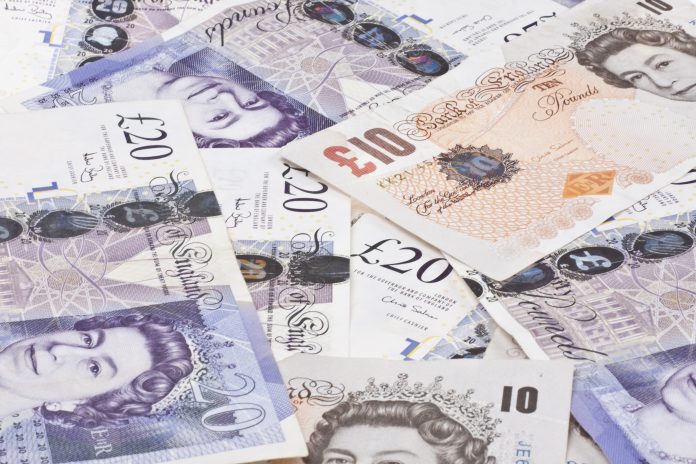Here, John Binns talks us through the UK’s version of the Magnitsky provisions and why they are unclear
Two pieces of UK legislation – the Proceeds of Crime Act 2002 (POCA), as amended in 2017, and the Sanctions and Anti-Money Laundering Act 2018 (SAMLA) – now include provisions inspired by the US’ Global Magnitsky Act. That, in turn, was of course inspired by the case of Sergei Magnitsky, who was killed in prison after investigating public-sector fraud in Russia.
The question became: What can we do to appropriately have justice for someone who was silenced by Russia? The answer was essentially to create an all-encompassing law.
The definitions in POCA
The definitions in the two acts are complex. First of all, POCA defines:
(a) a ‘gross human rights abuse or violation’ to include, broadly speaking, torture (or inhuman or degrading treatment) by a public official of a person who has sought to expose illegal activity by a public official, or to defend human rights; and
(b) conduct ‘connected with’ such abuse to include acting as an agent in connection with it, directing, sponsoring or profiting from it, or materially assisting it (which includes providing goods, services, and other financial or technological support for it).
Magnitsky and civil recovery
POCA then makes property subject to civil recovery processes if it represents the proceeds of or (in some cases) is intended for use in either type of activity (either the abuse, or the conduct connected with it).
This means, for example, that the pay someone received for torturing someone, or the proceeds of selling weapons of torture, could be frozen and forfeited without the need for a criminal conviction.
Magnitsky provisions
SAMLA empowers ministers to impose sanctions to provide accountability for or be a deterrent to either type of conduct, which in this context are grouped together under the term ‘gross human rights violation’. So, for example, a person reasonably suspected of committing, assisting or profiting from torture could be subjected to measures such as an asset freeze and a travel ban.
Are these the right provisions?
These provisions are undoubtedly confusing, to the extent that they are arguably counterproductive to the cause of publicly denouncing and discouraging those involved in such violations. Ironically, most of the conduct in the POCA definition is not inherently profit-making, so that civil recovery seems an inappropriate remedy for it.
Conversely, making a profit from torture, while undoubtedly worthy of censure, would hardly seem to merit the label of ‘gross human rights violation’ and the remedy of a sanctions regime.
Should sanctions have come first?
Perhaps the problem is that the pressure to take some kind of legislative action against political torture arose first in POCA rather than SAMLA.
Had the latter come first, it would perhaps have been clearer that any involvement in political torture should be a ground for sanctions, while the profits from such conduct (regardless of whether it was an offence where it occurred) could then have been targeted by POCA.
A means to apply pressure
As it is, we are left with two very complex and inconsistent definitions, in contexts where they clearly don’t belong. To the extent they serve a purpose, it is arguably to raise awareness of the issues that were illustrated by the Magnitsky case and put pressure on the government to consider imposing sanctions on those involved in political torture. It might reasonably be said, of course, that it had a duty to do that anyway.
Authored by John Binns, partner in the business crime and corporate regulatory department of BCL Solicitors LLP











